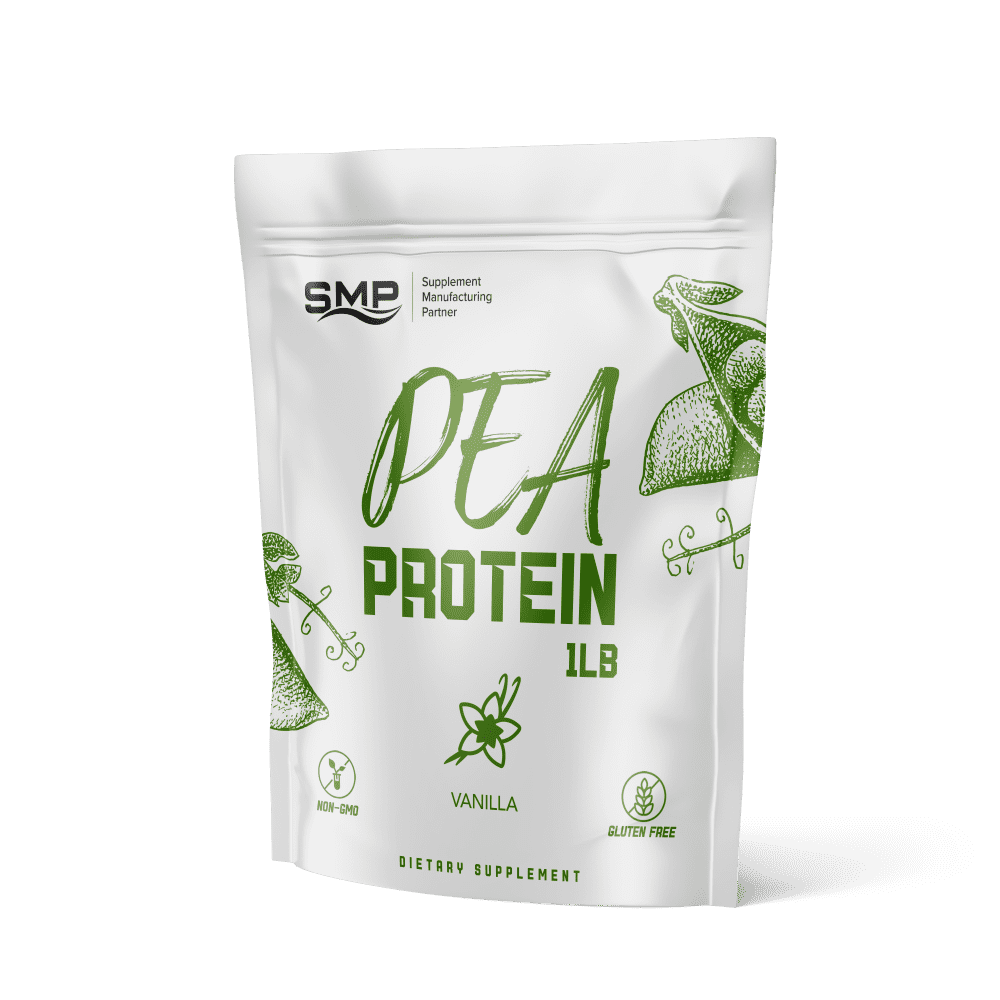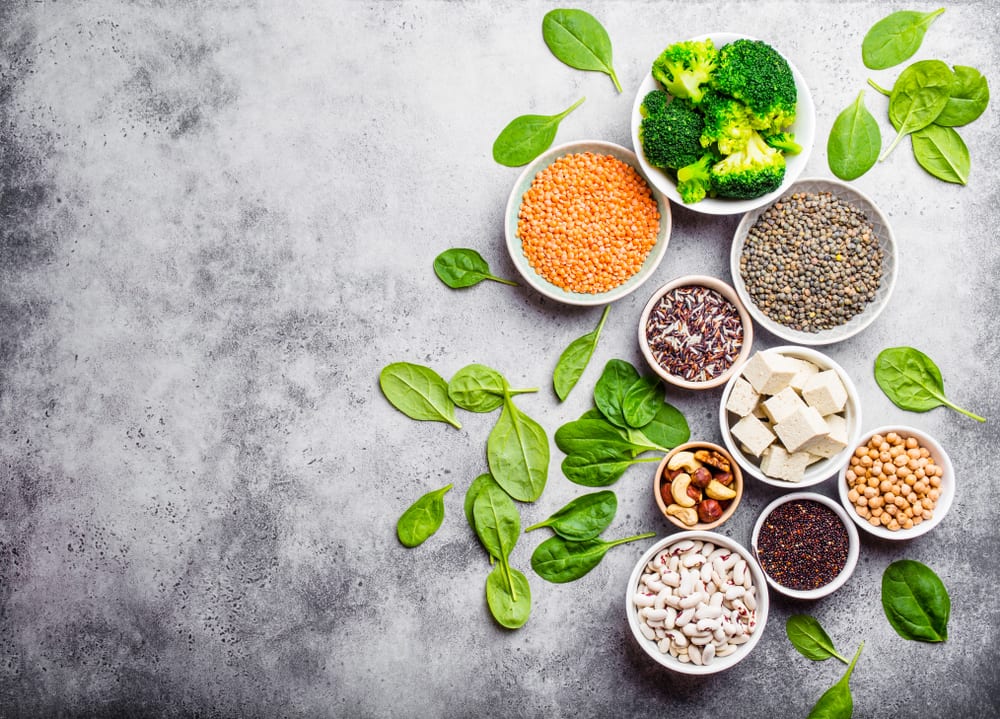
Across the globe, from the USA to Europe to Asia, the sports nutrition industry is booming. Innova Market Insights predicts that the industry will grow 8% per year (1). By 2021, sports nutrition will be a $17 billion global industry. As this rapid industry growth continues, more and more people have become interested in plant-based alternatives to traditional whey and dairy proteins. As the name suggests, their plant-powered proteins derive completely from non-animal sources.
Previously, powered proteins primarily had two target groups. Firstly, certain athletes (bodybuilders, elite athletes, etc.) used these protein supplements to build muscle and enhance their performance. Secondly, doctors prescribed powdered proteins for convalescent people who were recovering from some sort of illness or with serious health issues.
Yet in the past few years, protein powders have become more mainstream. As a result, a wider range of people use sports nutrition products for a variety of health benefits. In this article, we compare plant and animal-based protein powders, examine a few plant-powered proteins, and offer insights into their growing popularity.
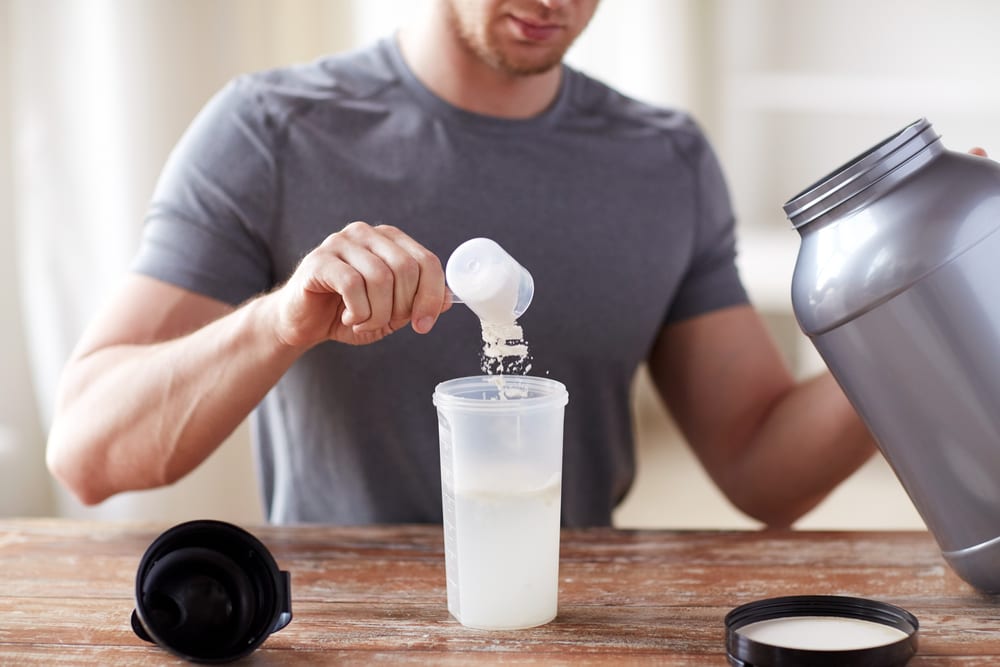
Animal-based Protein Powders Versus Plant-Powered Proteins
According to a study by Lumina Intelligence, animal-based protein powders comprise about 75% of the protein powder market (2). In comparison, plant-powered proteins only make up about 15% of the market. The remaining 10% consists of mixed powders (both animal and plant proteins). Yet the study notes that while the target customers for animal proteins are still male athletes, plant-powered proteins have a broader appeal.
Why is this true? Unlike bodybuilders, elite athletes, or people recovering from illness, the average person simply wants to improve their overall health. To do this, they don’t really need a lot of extra animal proteins.
Because they’re not looking to get bigger muscles or enhance performance, people who use plant-powered proteins find them to be more than adequate for their needs. This is especially true considering how many nutritionists and health experts now recommend plant-based diets over animal-based diets for better health.
Specifically, powdered protein nutritional supplements aid in weight management, help build muscle and helps the body recover after exercise (3). Generally speaking, they are useful for improving overall nutrition.
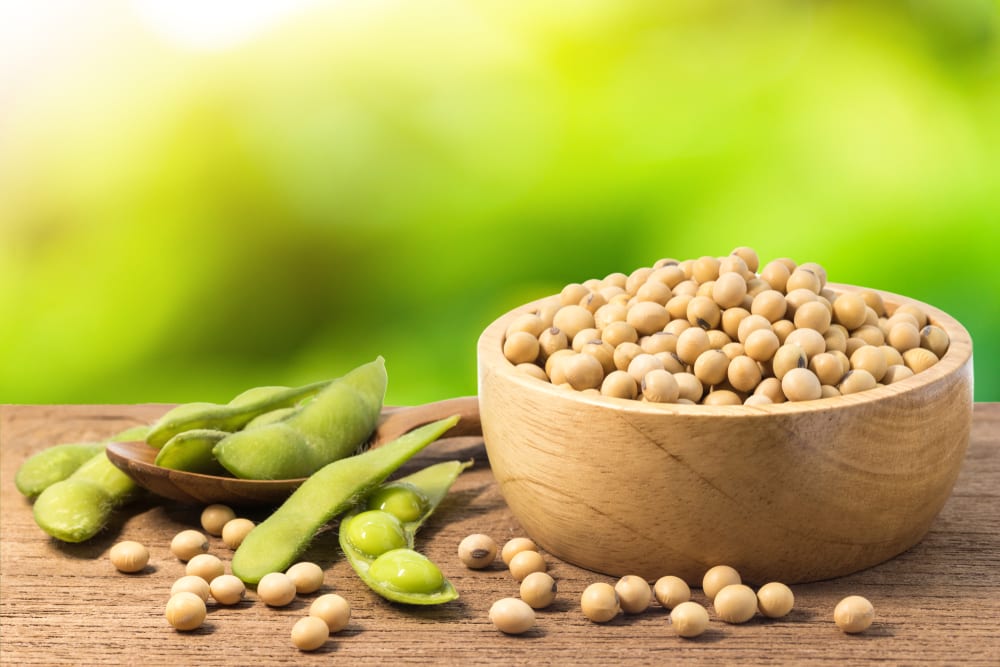
Types of Plant-Powered Proteins
Two of the most common forms of plant-powered proteins are pea protein and soy protein isolate. Traditionally, soy protein has been the go-to for plant proteins. Apart from being inexpensive, it is also a complete protein (contains all 9 essential amino acids). However, soy can be allergenic and can lead to hormone imbalances in some people.
On the other hand, pea protein is being used more frequently. In the U.S., 80% of plant-based protein powders contain pea protein compared to only 12% containing soy. In the near future, Lumina Intelligence predicts that hemp protein could rival pea protein for dominance. Like soy, hemp is a complete protein. It is also easy to digest and doesn’t lead to bloating. On top of that hemp protein has very little flavor making it more versatile than some other plant proteins.
What’s more, a growing number of vegan products continue to hit the powdered protein market. In fact, Innova Market Insights says that in 2018, 6% of the total food and beverage launches globally were vegan-friendly. In the sports nutrition industry, 14% of the products were vegan-friendly. And an even higher number of more RTD (ready to drink) sports nutrition beverages were vegan-friendly – 18% total.
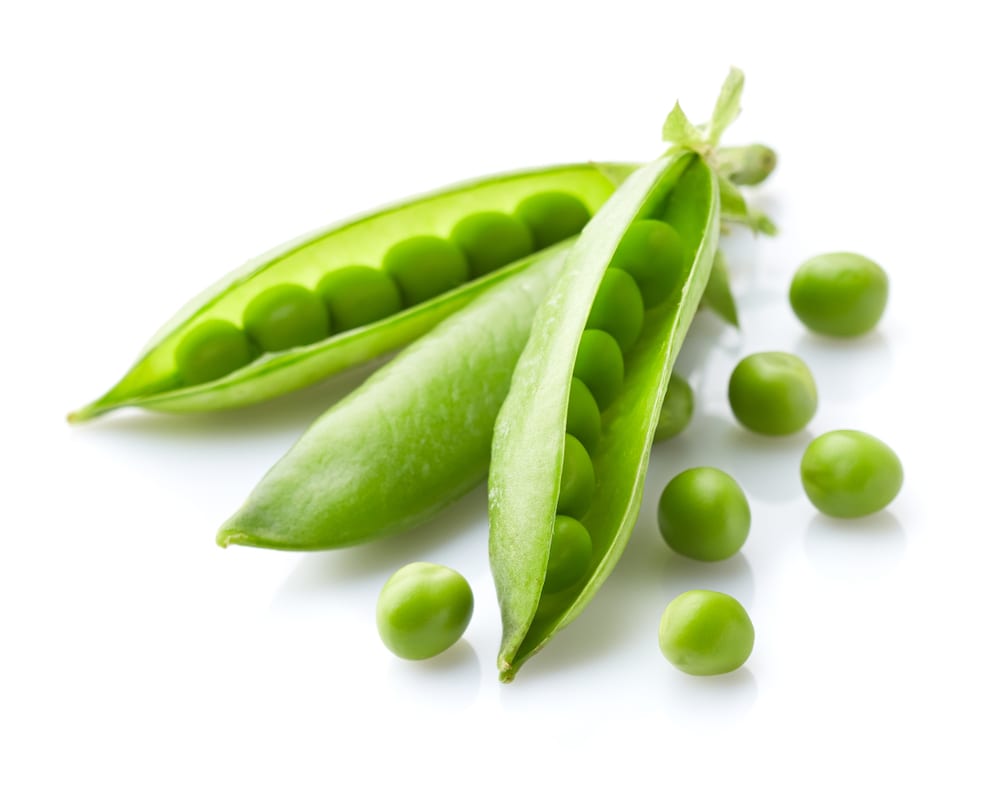
The Growing Popularity of Plant-Powered Proteins
Powdered proteins are no longer only for bodybuilders, athletes, or undernourished individuals receiving medical care. Although animal-based protein powders have been the norm for many years, plant-powered are becoming more and more popular. This news is especially welcome for vegetarians, vegans, people with allergies, or those who simply wish to eat a more plant-based diet. According to Lu Ann Williams, director of innovation at Innova Market Insights:
One of the most interesting developments in protein use in recent years has been the move to alternative protein sources, with the traditional dominance of whey and other dairy proteins now being challenged by plant-based products.
Around the world, the demand for sports nutrition products continues to increase. As awareness of improved personal nutrition spreads, more and more people turn to these products as a part of their everyday health routine.
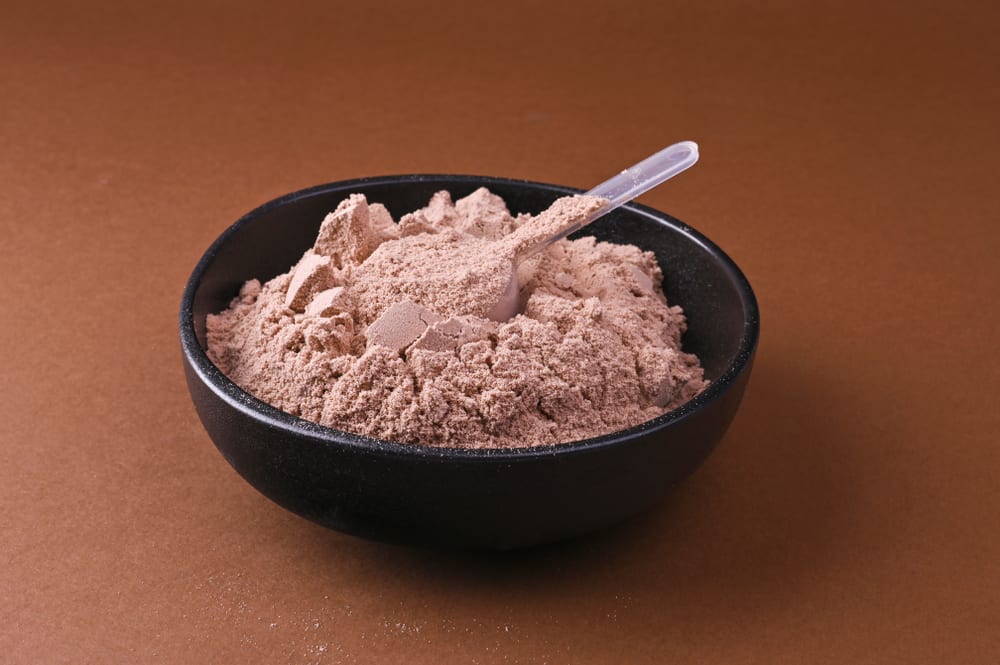
Get the Most From Your Powdered Protein
To get the most benefit from your protein-powered proteins, choose products without added sugar, artificial sweeteners, caffeine or fillers like guar gum and chicory root (4). At the same time, some plant-based products may also have beneficial additives like cranberry seeds, flaxseed, probiotics, or digestive enzymes.
Get Your Sports Protein Powder Manufactured By SMP Nutra
SMP Nutra is fully qualified to manufacture your protein powder. With the capability to produce any custom formula, the options are endless. Along with our unbeatable quality, we offer some of the fastest lead times and the best pricing. Check out our stock private label protein products.


